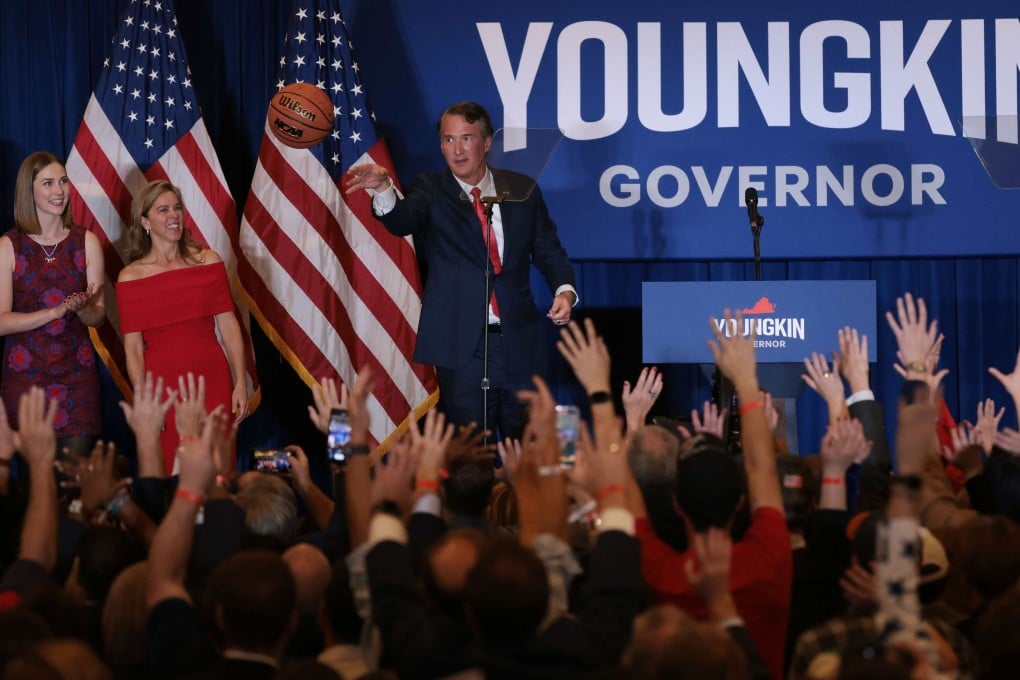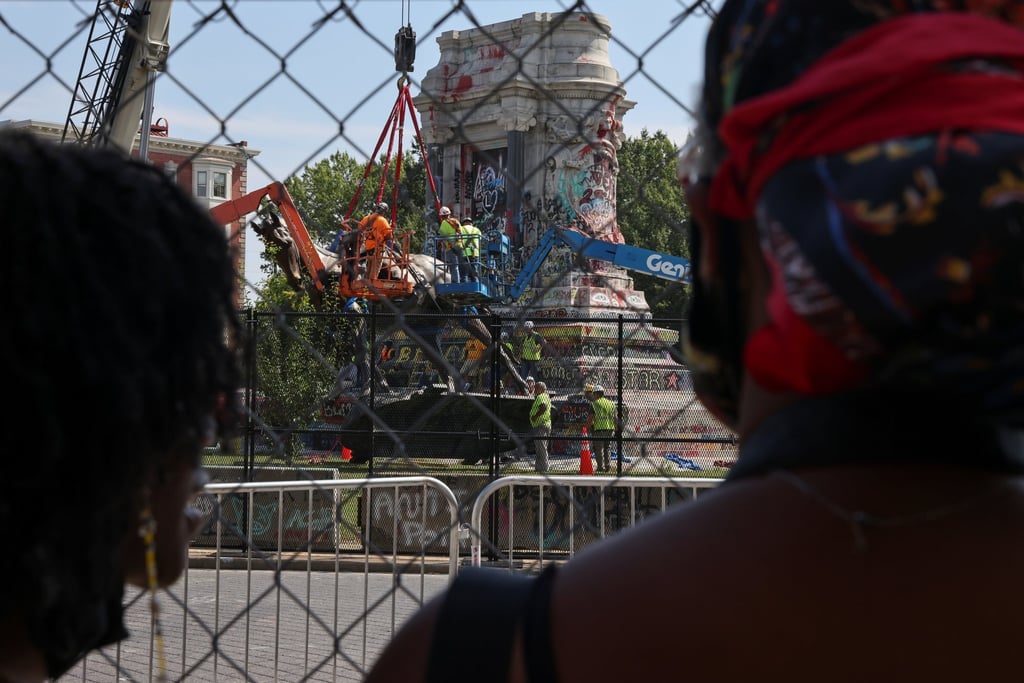On Balance | How the Virginia election highlights the extent of US racial divisions
- One of the factors in Republican Glenn Youngkin’s victory in the gubernatorial election was his attack on critical race theory
- That this strategy worked will embolden Republicans to push hard against attempts to draw attention to inequality and embrace inclusion

Many Democrats had watched hopefully as the state’s northeastern region grew more integrated with Washington DC, where Black Lives Matter banners abound and Republican presidential candidates are lucky if they manage to pull more than 9 per cent of the vote.
Ever-present heat in the housing market drove the median sale price for single-family homes in the US capital above US$1 million for the first time last year.
This has pushed more of Washington’s residents over the Potomac River, to create a wide swathe of suburbs and satellite towns populated by ideological progressives, the federal government bureaucracy, (aka “the deep state”), and other moderates generally not inclined towards scorched earth politics.

The US media hyped coverage of the Virginia gubernatorial election in the run-up to Republican Glenn Youngkin’s victory as if it were a presidential poll.
